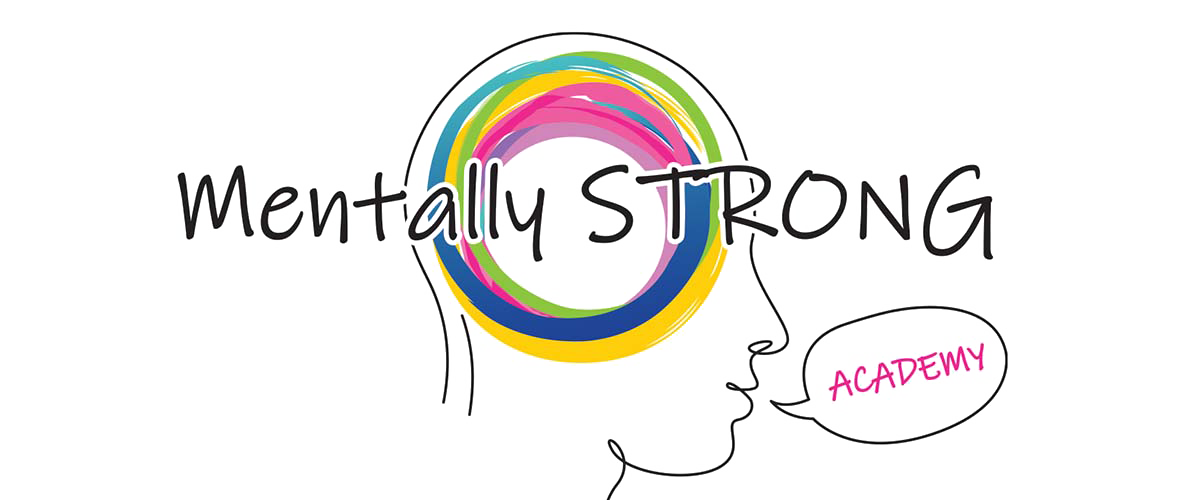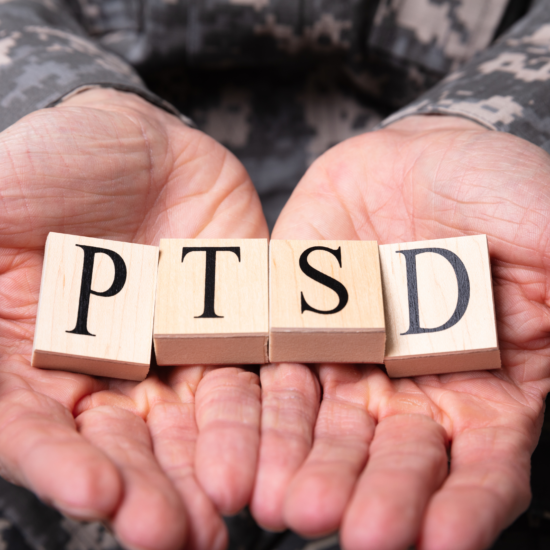Trauma and Triggers
Cristi Bundukamara, Ed. D, PMHNP, founder and creator of the Mentally STRONG Method. The Mentally STRONG Method is based on cognitive-behavioral therapy (CBT), which is a therapeutic method to help change a person’s patterns of thinking and allow them to make healthier choices. The Mentally STRONG Method can be used for a variety of life’s everyday issues, including identifying trauma and triggers, helping people to become cognizant of their behaviors and emotions, and making healthier decisions.
What are Trauma and Triggers?
Trauma is associated closely with triggers, especially in our society with reference to mental health issues. Trauma is defined as a distressing or disturbing experience and can be physical, mental, emotional, sexual, or psychological. What constitutes trauma is defined by the person who experiences it, where there is an overwhelming amount of stress that exceeds their ability to cope. What may be traumatic for one person may not be for another – a person’s internal experience defines it as a trauma. A trigger is an external stimulus that causes an internal reaction or response – usually negative. A trigger may be the initial cause of trauma but can bring those same overwhelming feelings of stress in a different environment.
How to Overcome Trauma and Triggers
For instance, someone who experienced sexual abuse as a child may find it “triggering” to be forced to hug or embrace someone they don’t know that well. While the person they are being asked to hug may be harmless, the forced physicality is triggering to that person, bringing up emotional turmoil related to their abuse as a child.
Another scenario would be a child repeatedly told that they were not good enough – experiencing this same type of criticism as an adult may be triggering for that person, causing them to feel worthless and doubt about their abilities. So how do people overcome their “triggers?” They have to deal with their original trauma that created emotional stress. In order to identify this, there is an exercise in the Mentally STRONG Method that helps to categorize triggers, grief, trauma, negative thoughts, behaviors and choices, anxiety and worry, injustice, spiritual conflict, and addiction called Thought Mapping. Triggers can set off negative thoughts, bring up a core belief about ourselves, or remind us of certain injustices, not just the events of our trauma. What we need to remember is that our positive truths rewire our brains and help us heal.
Understanding these patterns of behavior and emotion can help identify and work through the original trauma and how a person has adapted their thinking and choices as a result. Thought Mapping allows us to process our thoughts and feelings in order for us to take a step back and look at themes in past and present behaviors that constitute a core thought. Once we are able to identify what those themes and core behaviors are, we are then able to make better-informed decisions.
Learn New Patterns with the Mentally STRONG Method
If you would like to learn more about the Mentally STRONG Method and Thought Mapping, you can find learning resources at our Academy.
If you would like help with your own trauma and triggers, please make an appointment at our clinic.


